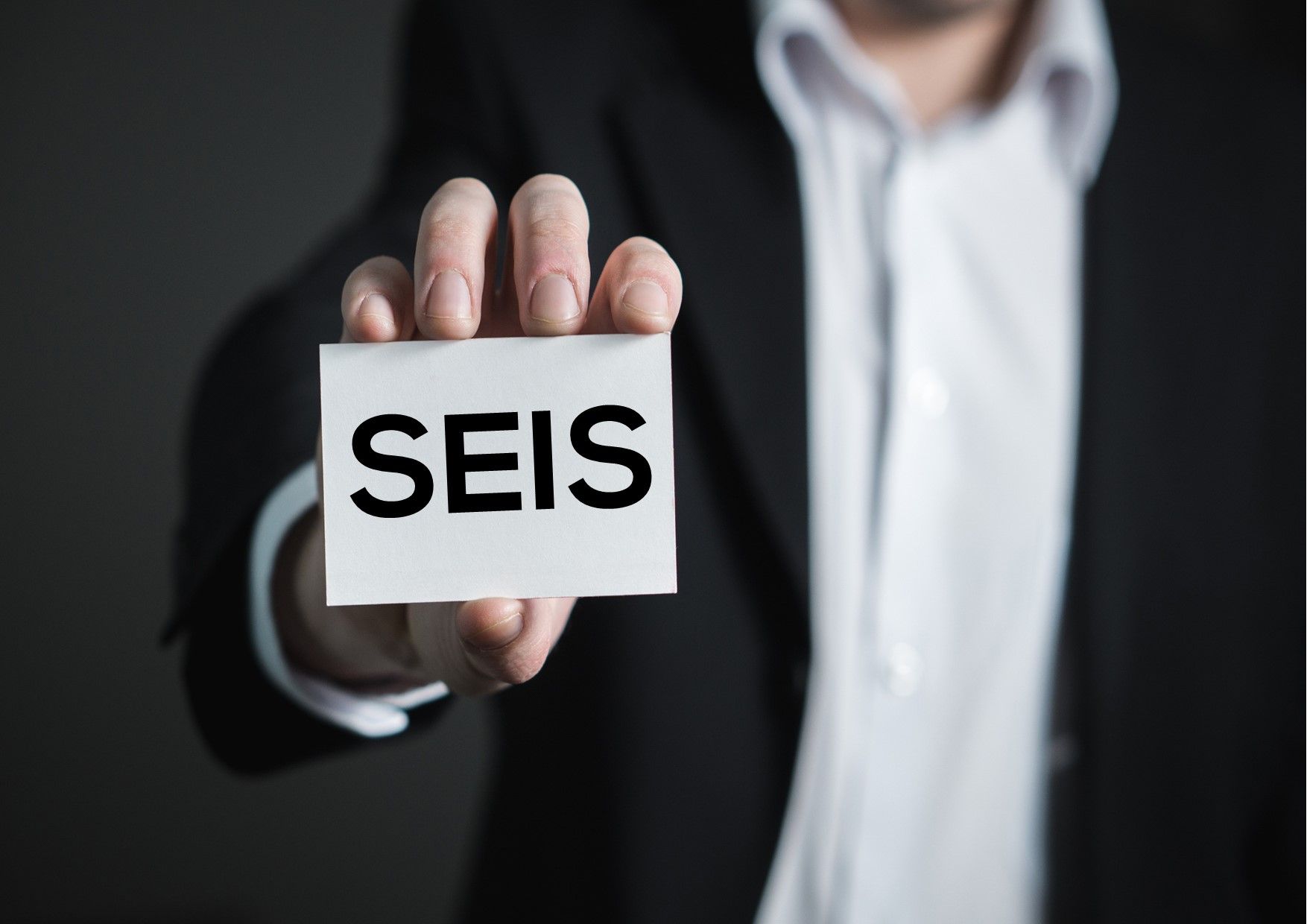What is the Enterprise Investment Scheme
The Enterprise Investment Scheme (EIS) is a UK government initiative that provides tax incentives to investors who invest in small and medium-sized enterprises (SMEs). The EIS scheme is intended to promote investment in innovative and growing businesses, that are defined as high-risk companies which may otherwise struggle to secure funding.
Investment through EIS is encouraged by offering tax incentives to investors who buy shares in qualifying companies. However, as with all investments, there are risks involved and investors should carefully consider the suitability of the scheme for their individual circumstances.


What are the benefits of the Enterprise Investment Scheme
The Enterprise Investment Scheme (EIS) offers several benefits for both investors and the companies they invest in. Key benefits include:
- Tax Relief: Investors can claim income tax relief of up to 30% on investments up to £1 million per tax year (£2m for "knowledge intensive companies". Meaning that if you invest £100,000 in a qualifying company, you could claim £30,000 as an income tax credit against your tax liability of the year of investment or the previous year. Significantly benefit for reducing their tax bill.
- Capital Gains Tax Deferral: Investors can defer capital gains tax on gains of an amount equal to the investment in an EIS company. Those gains will recrystallise when the EIS shares are sold. This means that if you have made a capital gain on another investment, you can invest the proceeds in an EIS-qualifying company and defer paying capital gains tax on the gain.
- Capital Gains Tax Exemption: once the EIS shares have been held for a period of three years any gain arising on their eventual sale will be exempt from CGT.
- Loss Relief: If an investment in an EIS-qualifying company is unsuccessful, investors can claim loss relief against their income or capital gains tax liability. Meaning that investors can offset losses against their taxable income or gains, reducing their overall tax bill.
- Investment in EIS Companies: The EIS is designed to encourage investment in companies that may not be able to secure funding through traditional sources. Helping to support the growth of the UK economy.
Companies that qualify for EIS can raise up to £5 million per year and up to £12 million in their lifetime.
Overall, the EIS can be an attractive option for investors who are looking to reduce their tax bill and support the growth of small and medium-sized trading companies in the UK.
What are the eligibility requirements for funding through Enterprise Investment Scheme
To qualify for funding through EIS, a company must meet the following eligibility criteria:
- UK-based: The company must be based in the UK or trading through a permanent establishment here. This means that the company must be registered or operating in the UK with UK-based trading activities.
- Small or Medium-sized: The company must meet the EU definition of a small or medium-sized enterprise (SME). This means that the company must have fewer than 250 employees, and either an annual turnover of less than €50 million or a balance sheet total of less than €43 million.
- Nonqualifying activities: The company must not be involved in any nonqualifying activities. This includes activities such as property development, operating nursing homes, and hotels.
- Independent: The company must be independent. This means that the company must not be controlled by another company or have a significant stake owned by another company.
- Trading: The company must be a trading company. This means that the company must be carrying out a qualifying trade, which includes most types of trading activities but excludes certain activities such as investment, property development, and financial services.
- The Seven Year Rule: a company which has been trading for more than seven years (measured from its first commercial sale), and which did not issue EIS, SEIS or VCT shares in its first seven years is excluded from EIS investment unless it raises EIS money amounting to at least 50% of its five year average turnover and spend that money on entering a new product market or geographical market.
In addition to these eligibility criteria, there are also specific rules around the use of funds raised through EIS. The funds must be used for qualifying business activities.

Make An EIS Enquiry
We will get back to you as soon as possible.
Please try again later.
Early planning will make for a smooth transaction
The rules regarding the Enterprise Investment Scheme can be complex, but with the right professional advice and implementation, you can overcome the intricacies.
KNOWLEDGE BASE
OTHER SERVICES WE PROVIDE
Registered to carry out audit work in the UK and regulated for a range of investment business activities by the Institute of Chartered Accountants in England and Wales
Company registration number: 07746831






